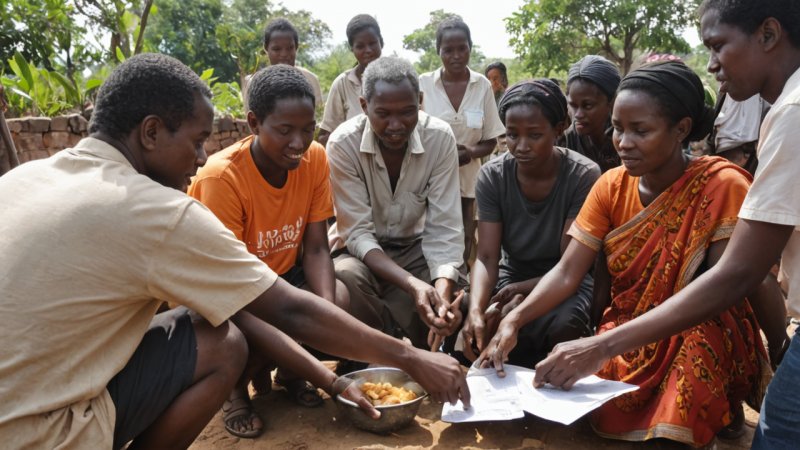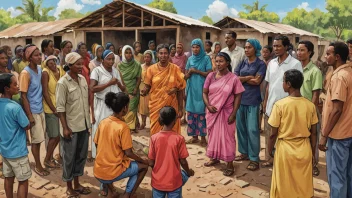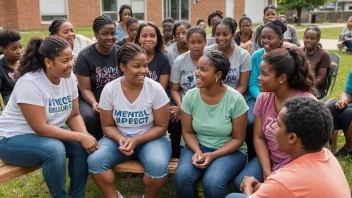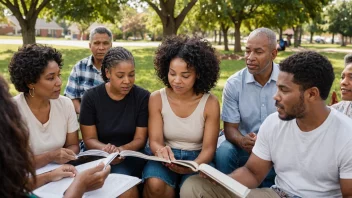Faith-based organizations (FBOs) have long played a pivotal role in humanitarian work, often stepping in where governmental and non-governmental entities cannot. These organizations leverage the power of community, compassion, and shared values to address pressing social issues, providing aid and support to those in need. The intersection of faith and action enhances their capacity to mobilize resources, engage volunteers, and foster resilience in communities facing adversity.
One of the most significant contributions of FBOs is their ability to reach marginalized populations. Many faith communities are deeply rooted in local contexts, allowing them to identify and address the needs of their communities effectively. Whether through food distribution, health services, or educational initiatives, FBOs often serve as the first line of response in times of crisis. Their commitment to serving all, regardless of background, has made them vital partners in disaster relief efforts worldwide.
In addition to immediate relief, FBOs focus on long-term development through education and empowerment. Many organizations run schools, vocational training programs, and literacy initiatives, equipping individuals with the skills needed to improve their circumstances. By integrating spiritual teachings with practical support, these organizations foster holistic development that encourages self-sufficiency and resilience.
Moreover, FBOs have a unique ability to inspire collective action. By harnessing the power of faith and shared beliefs, they can mobilize large groups of volunteers and donors. Faith communities are often motivated by a sense of duty to serve, which drives them to participate in humanitarian efforts. This collective action amplifies their impact, transforming individual efforts into substantial change.
In recent years, FBOs have increasingly recognized the importance of collaboration with secular organizations. This partnership enables them to share resources, knowledge, and best practices, enhancing the overall effectiveness of humanitarian efforts. By working together, FBOs and secular organizations can address complex global issues more comprehensively, from climate change to public health crises.
However, the role of faith-based organizations in humanitarian work is not without challenges. Navigating the complexities of diverse beliefs and practices can be difficult, especially in multicultural societies. Additionally, some critics argue that FBOs may prioritize religious agendas over the needs of those they serve. It is essential for these organizations to maintain a focus on humanitarian principles, ensuring that their work is inclusive, equitable, and respectful of diverse perspectives.
In conclusion, faith-based organizations are vital players in the humanitarian landscape, bringing together spirituality and social action to address the world's most pressing issues. They provide immediate relief, foster long-term development, and inspire collective action, making a significant impact on communities in need. As individuals, we can support FBOs by volunteering our time, spreading awareness, and engaging with local initiatives. By joining hands with these organizations, we can contribute to a more compassionate and just world.
Faith-Based Organizations: Catalysts for Change
Explore how faith-based organizations are making a significant impact in humanitarian efforts worldwide.






